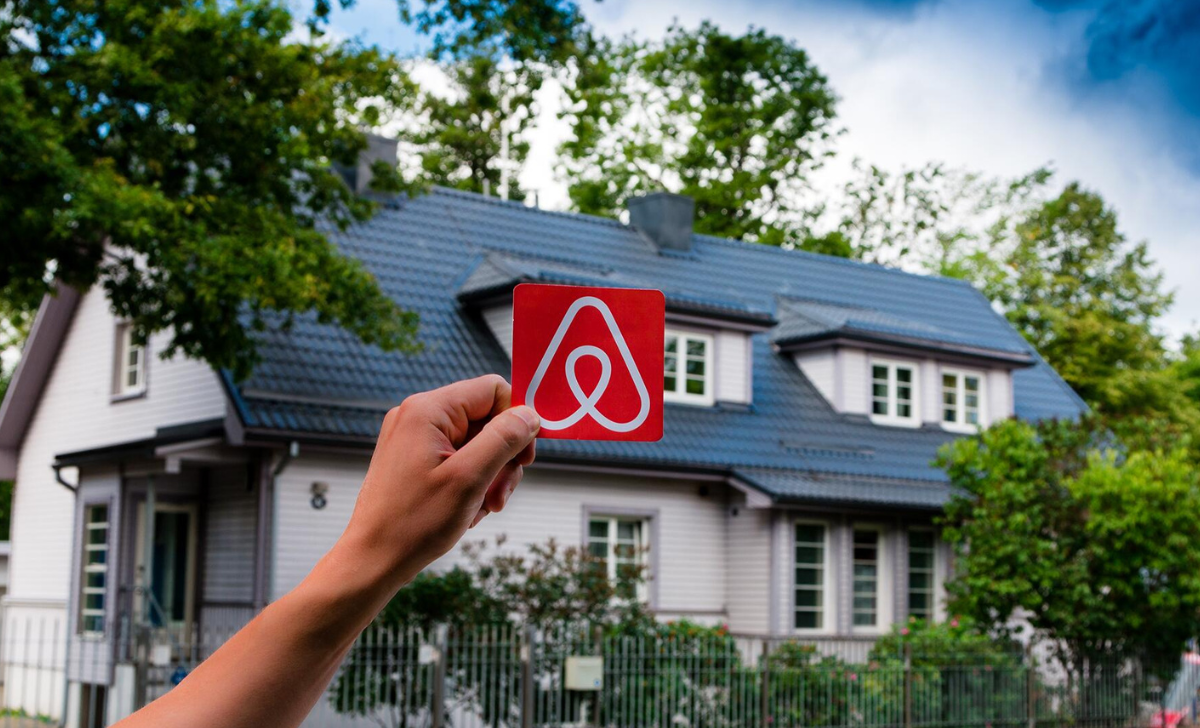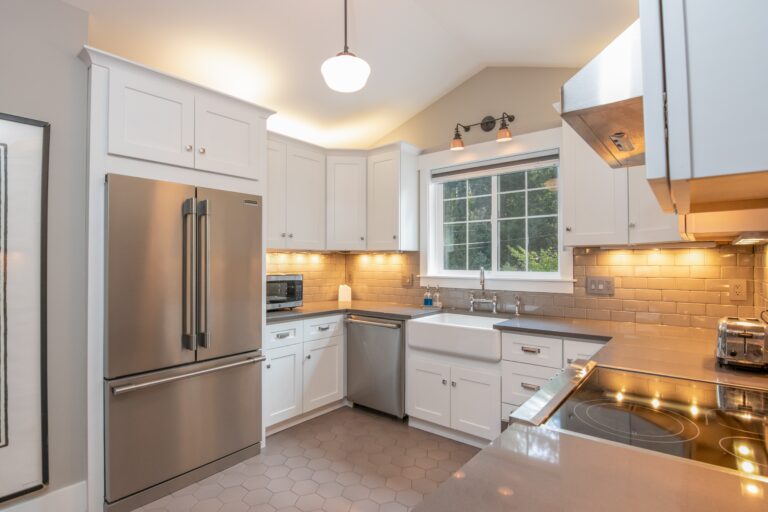Safety and Security Measures for Airbnb Rentals
Airbnb, the popular online marketplace for short-term vacation rentals, has revolutionized the way people travel and experience new destinations. With its extensive network of properties available for rent, Airbnb provides travelers with unique and affordable accommodations. However, as a host, it is crucial to prioritize the safety and security of your guests and property. This article explores the essential safety and security measures that hosts should consider when renting out their properties on Airbnb.
AirBnb VRBO Short Term Rentals (STR) 5 Star Rating Explanation Magnet
Importance of Safety and Security Measures
Ensuring guest satisfaction and maintaining a positive reputation are key aspects of a successful Airbnb rental. By prioritizing safety and security, hosts can create a welcoming and secure environment for their guests. Additionally, implementing proper safety measures helps protect your property and valuable belongings from potential damages or theft.
Precautions for Hosts
- Conducting thorough background checks: Before accepting any reservations, hosts should thoroughly vet potential guests. This can include reviewing guest profiles, reading previous reviews, and communicating directly to gather more information.
- Installing security systems: Investing in a reliable security system, such as CCTV cameras or alarm systems, can act as a deterrent for potential burglars and provide peace of mind to both hosts and guests.
- Implementing secure key exchange: Hosts should establish a secure method for key exchange to prevent unauthorized access to the property. This can involve using lockboxes with unique codes or arranging in-person key handoffs.
Guest Safety Measures
- Verifying guest identities: Airbnb provides identity verification tools for guests, which hosts should encourage guests to utilize. Verifying identities helps establish trust and adds an extra layer of security.
- Providing emergency contact information: Hosts should ensure that guests have access to emergency contact information, including local emergency services and the host’s contact details.
- Informing guests about safety protocols: It is essential to communicate safety protocols to guests, such as the location of fire extinguishers, emergency exits, and any specific guidelines for using appliances or equipment in the property.
Home Safety and Security Tips
- Installing smoke detectors and fire extinguishers: Hosts should equip their properties with working smoke detectors and fire extinguishers. Regular maintenance and inspections are necessary to ensure their effectiveness.
- Securing windows and doors: Adequate locks and security measures for windows and doors can prevent unauthorized entry. Hosts should regularly check and reinforce these security features.
- Providing clear escape routes: Hosts should clearly indicate emergency escape routes, especially in larger properties or buildings with multiple floors. This information should be easily accessible to guests.

Communication and Reviews
Maintaining open lines of communication with guests is vital for ensuring their safety and addressing any concerns promptly. Hosts should respond to guest inquiries or issues in a timely manner. Encouraging guests to leave reviews after their stay can also help build trust in the Airbnb community and provide valuable feedback.
Insurance and Liability
Hosts should familiarize themselves with Airbnb’s Host Guarantee and Host Protection Insurance, which offer coverage for specific types of damages or liability. It is also advisable to consult with an insurance professional to understand any additional insurance needs and obtain appropriate coverage.
Local Regulations and Legal Considerations
Hosts must familiarize themselves with local laws and regulations regarding short-term rentals. Compliance with safety standards, permits, and tax requirements is essential to operate within the legal framework of your jurisdiction.
Dealing with Potential Issues
In the event of guest complaints or disputes, hosts should handle these situations professionally and diplomatically. Promptly addressing concerns and attempting to find amicable resolutions can help maintain a positive relationship with guests.
Collaborating with the Community
Being a responsible Airbnb host involves contributing positively to the local community. Building good relationships with neighbors, respecting local norms, and supporting local safety initiatives can enhance the overall safety and security of your rental property.
Continuous Improvement
Hosts should view guest feedback as an opportunity for continuous improvement. Paying attention to suggestions and staying updated on evolving safety trends can help hosts provide an exceptional and secure experience for their guests.
Conclusion
Prioritizing safety and security measures is paramount for Airbnb hosts. By implementing precautions, maintaining open communication, and being knowledgeable about local regulations, hosts can ensure a safe and enjoyable experience for guests while protecting their property. Remember, building trust in the Airbnb community through a focus on safety ultimately benefits both hosts and guests.
FAQs
- Are security deposits necessary for Airbnb rentals?
- Security deposits are not mandatory for Airbnb rentals. However, hosts can choose to request a security deposit to cover any potential damages caused by guests.
- Can hosts require guests to provide identification?
- While hosts cannot directly request identification, Airbnb provides tools for guest identity verification. Hosts can encourage guests to use these tools for added security.
- Are hosts responsible for providing insurance coverage?
- Airbnb offers limited coverage through its Host Guarantee and Host Protection Insurance. However, hosts should consider obtaining additional insurance coverage tailored to their specific needs.
- How can hosts handle noisy or disruptive guests?
- Hosts should establish clear house rules regarding noise and behavior and communicate them to guests. In case of noisy or disruptive guests, hosts can address the issue directly with the guests and, if necessary, report the situation to Airbnb.
- What should hosts do in case of an emergency at the rental property?
- In case of an emergency, hosts should first ensure the safety of themselves and their guests. They should then contact the appropriate emergency services and follow any necessary procedures outlined by Airbnb.



